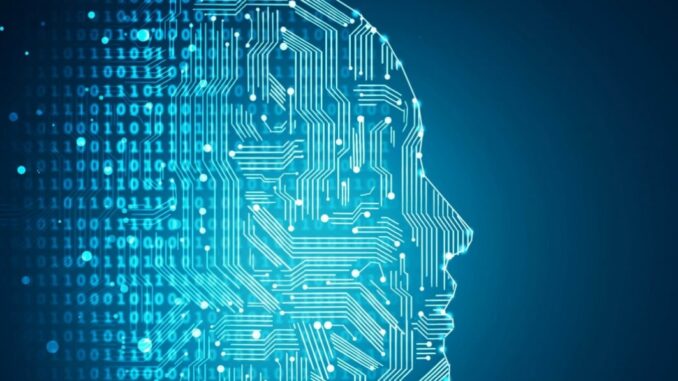
Creating AI systems with general cognitive abilities, often referred to as Artificial General Intelligence (AGI),
involves developing machines that can understand, learn, and apply knowledge in a manner similar to human intelligence.









Unlike narrow AI, which is designed for specific tasks, AGI aims to perform a wide range of tasks with the same level of competence as a human. Here are the key aspects and challenges involved in developing AGI:
Key Aspects of AGI:
1. Learning and Adaptation
AGI systems should be able to learn from a variety of experiences and adapt to new situations. This includes:
Lifelong Learning: Continuously learning and improving from experiences over time.
Transfer Learning: Applying knowledge gained in one context to different, but related contexts.
2. Reasoning and Problem-Solving
AGI systems need robust reasoning capabilities to solve novel problems that were not explicitly programmed:
Deductive Reasoning: Drawing specific conclusions from general principles.
Inductive Reasoning: Generalizing from specific instances to broader concepts.
Abductive Reasoning: Inferring the best explanation for a set of observations.
3. Perception and Sensory Integration
AGI should interpret and understand data from various sensory modalities (e.g., visual, auditory, tactile) to make informed decisions:
Computer Vision: Interpreting and understanding visual information.
Natural Language Processing (NLP): Understanding and generating human language.
Sensor Fusion: Integrating information from multiple sensors to form a coherent understanding.
4. Memory and Knowledge Representation
Storing and retrieving information efficiently is crucial for AGI:
Symbolic Representations: Using symbols to represent concepts and relationships.
Subsymbolic Representations: Using neural networks and other techniques to capture patterns and regularities.
5. Decision-Making and Planning
AGI systems must make decisions that balance short-term and long-term goals:
Sequential Decision-Making: Planning and executing a series of actions to achieve a goal.
Optimal Decision-Making: Balancing risks and rewards to choose the best course of action.
6. Social and Emotional Intelligence
AGI should understand and respond to human emotions and social cues:
Emotion Recognition: Identifying and interpreting human emotions.
Social Interaction: Engaging in meaningful interactions with humans and other agents.

Leave a Reply